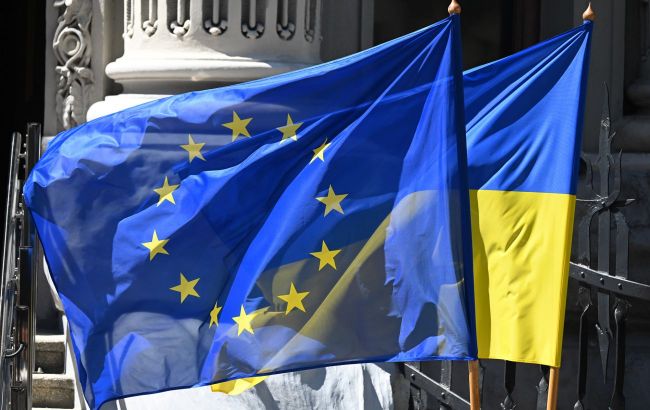EU to change Ukraine's military support formula
 EU to change Ukraine's military support formula (photo: Getty Images)
EU to change Ukraine's military support formula (photo: Getty Images)
The European Union plans to change the system of military support for Ukraine. This is due to the veto of Hungary, which is loyal to Russia, reports RMF24.
In particular, on Wednesday, EU ambassadors are expected to reach a political agreement on the terms of providing Ukraine with €50 billion in aid received from the proceeds of frozen Russian assets.
As RFM's Brussels correspondent has found out, the draft decision stipulates that the vast majority of the funds will go to programs financed from the EU budget, and only 5% of the money will be directed to the Peace Fund, from which the EU has occasionally financed weapons for Ukraine.
Thus, the decision will not require unanimity, so Hungary's veto will be circumvented. The media outlet recalled that one of the EU diplomats recently said that Hungary has been “shamelessly” blocking the eighth tranche of the Peace Fund, which reimburses EU countries for the cost of weapons transferred to Ukraine, for almost a year.
According to RMF24, the absence of Hungary is the main advantage of changing the percentage of funding.
The decision that 95% of the frozen assets of Russia will be directed to Ukrainian programs financed from the EU budget will mean a sharp reduction in the Fund's funding (where Hungary vetoed it). Although Kyiv will be able to use some of these funds, for example, to strengthen the defense industry, the system of transferring weapons from member states' warehouses, for which Brussels reimburses money, is disappearing. There are simply not enough resources for this.
Until recently, the situation was reversed, and 90% of the frozen assets of the Russian Central Bank were directed to the Fund. At the same time (and perhaps for the last time), 1.4 billion euros were paid to Ukraine from the Fund for weapons. This happened thanks to a cunning maneuver that allowed to circumvent Budapest's veto.
The information that the EU has developed a mechanism to circumvent Hungary's veto on arms purchases for Ukraine at the expense of Russian assets was announced in June this year by the head of EU diplomacy, Josep Borrell.

